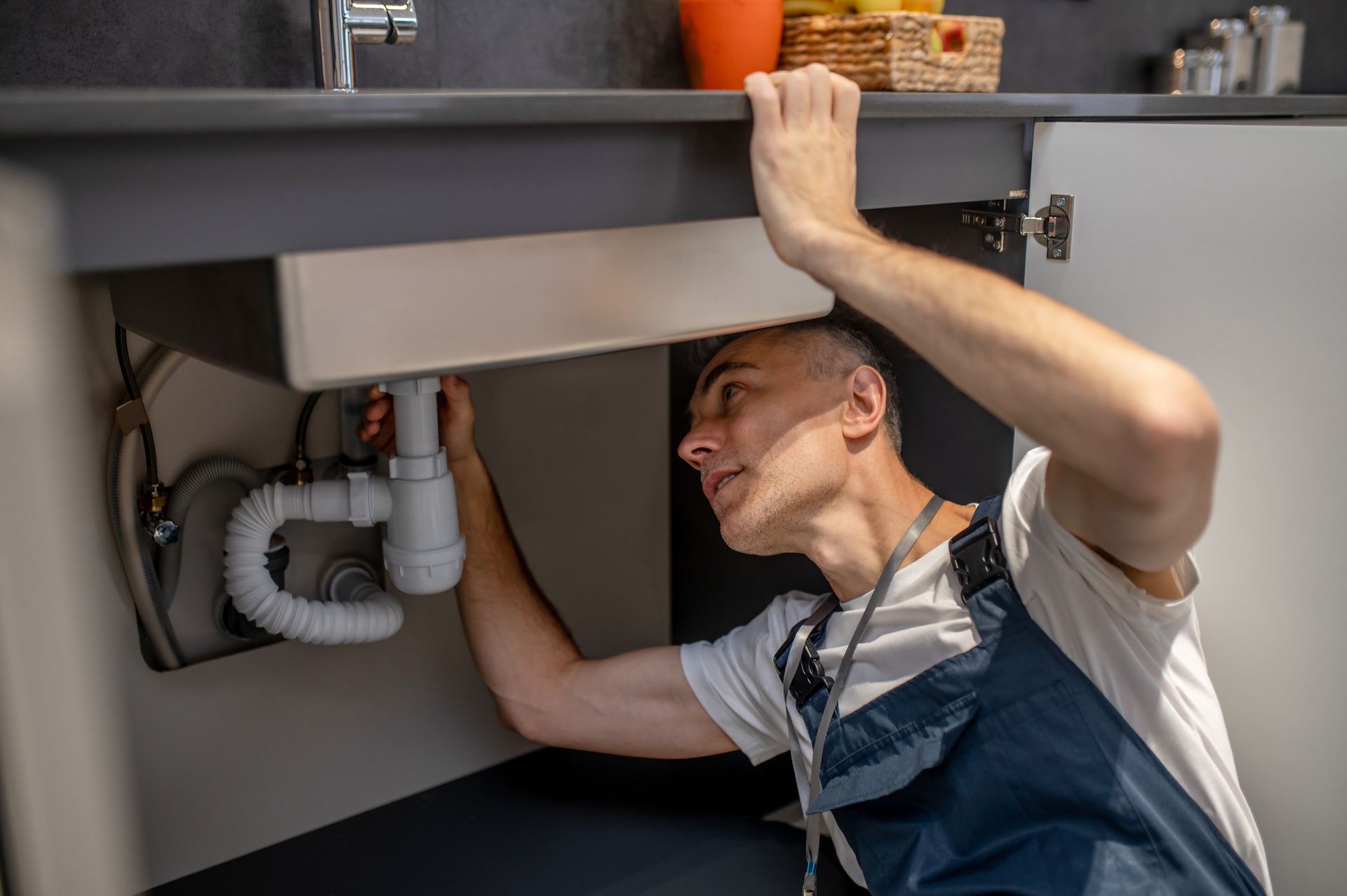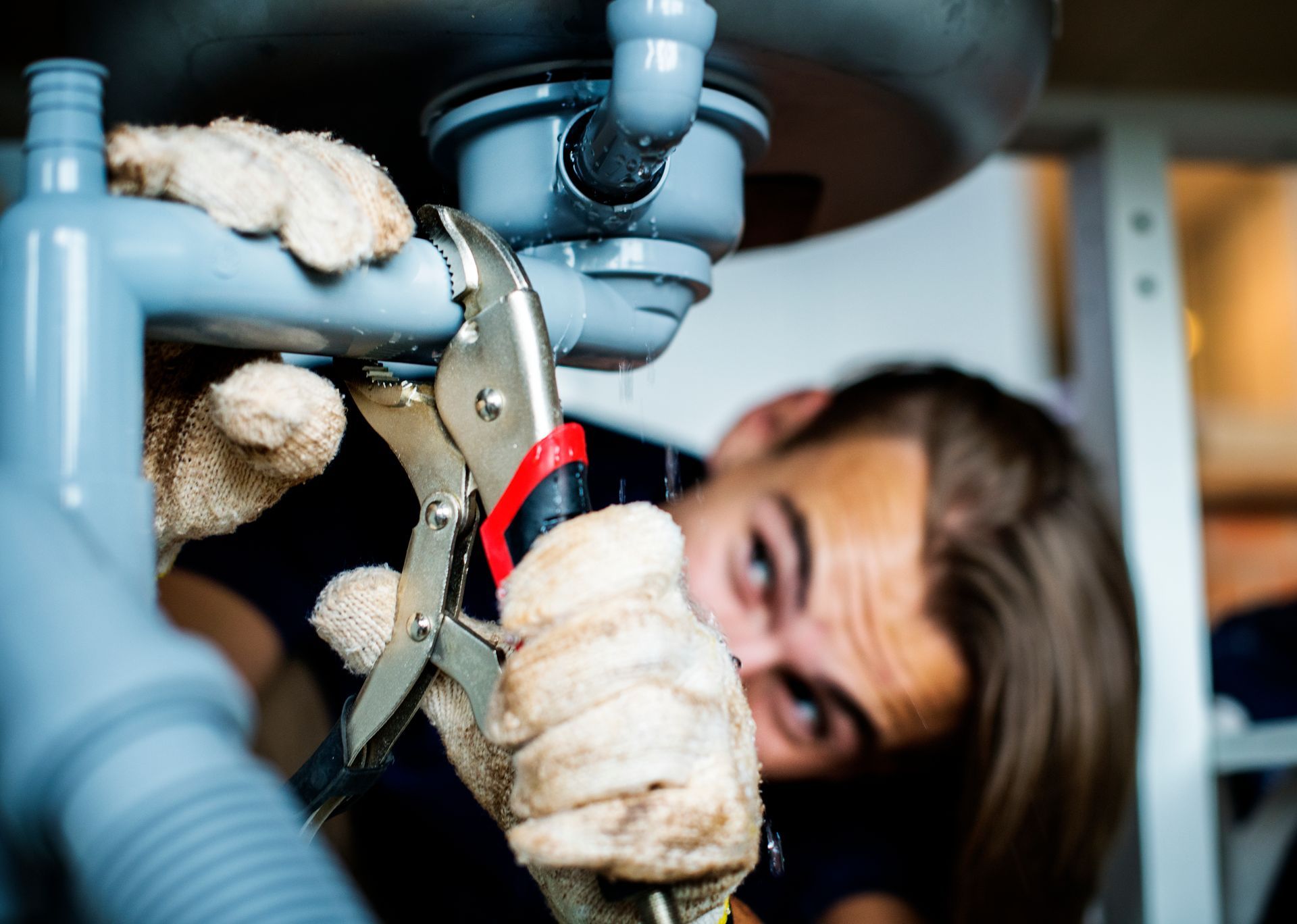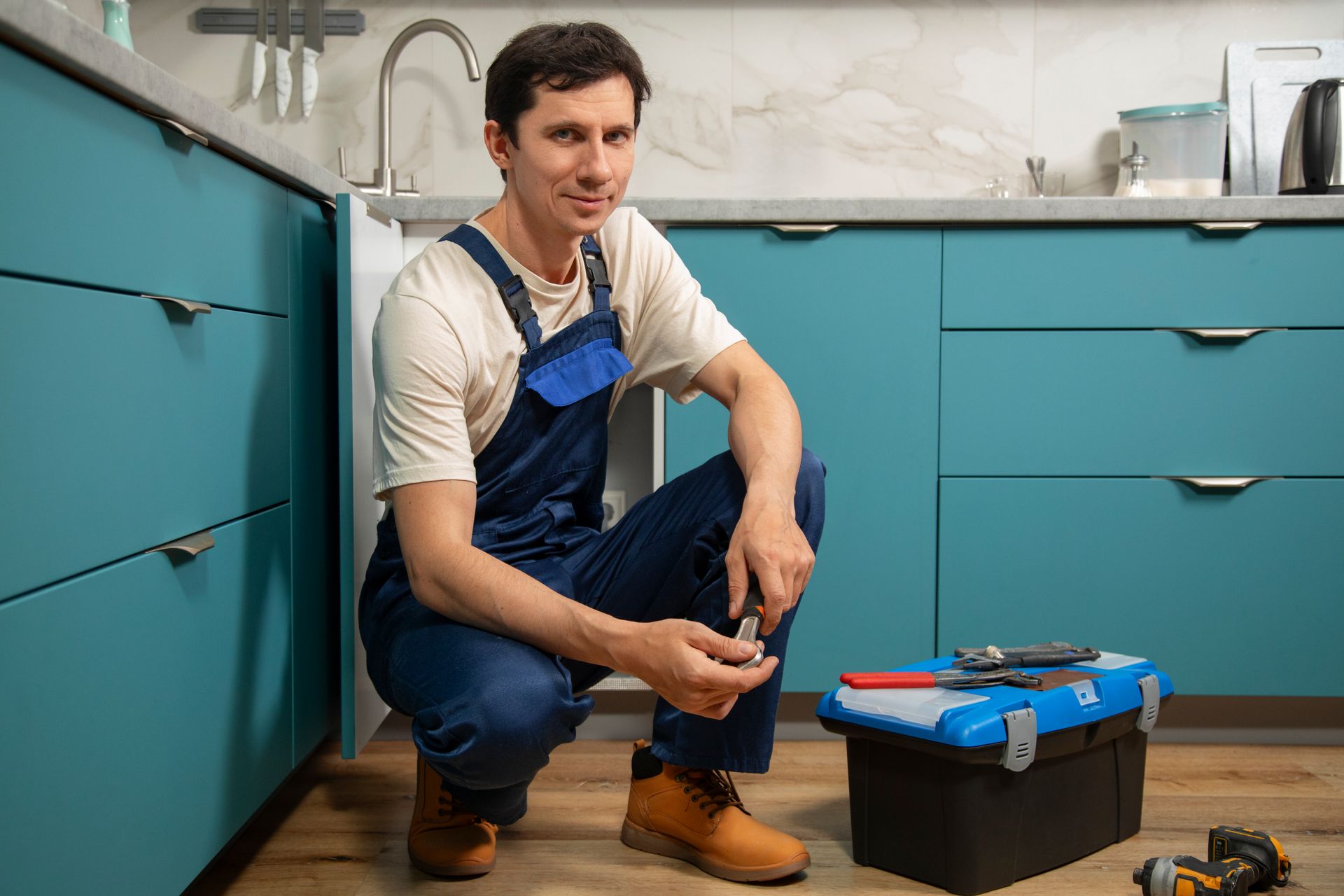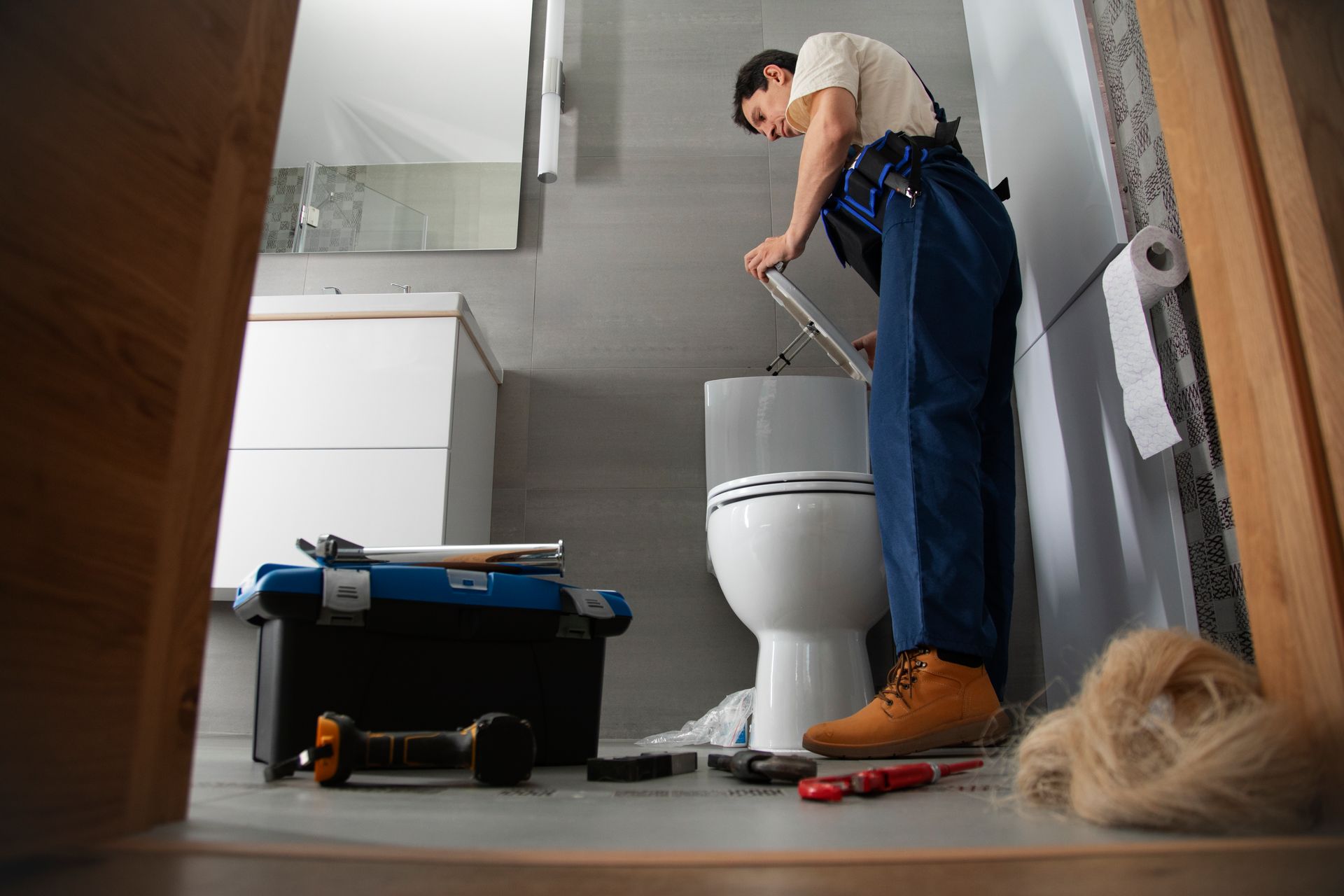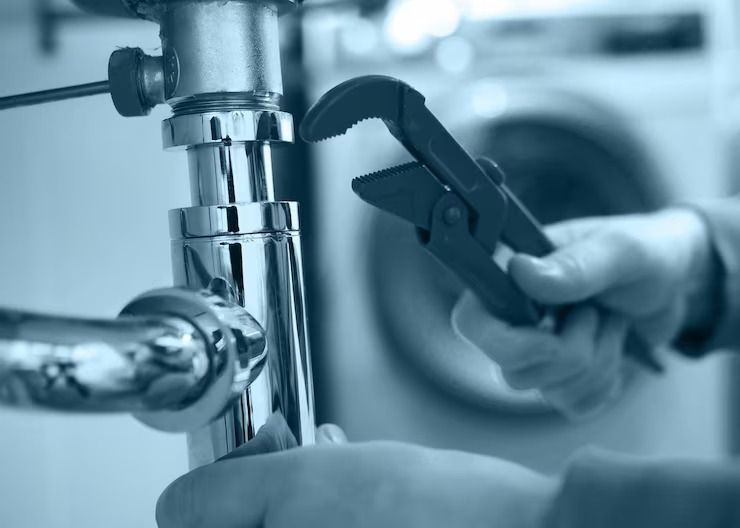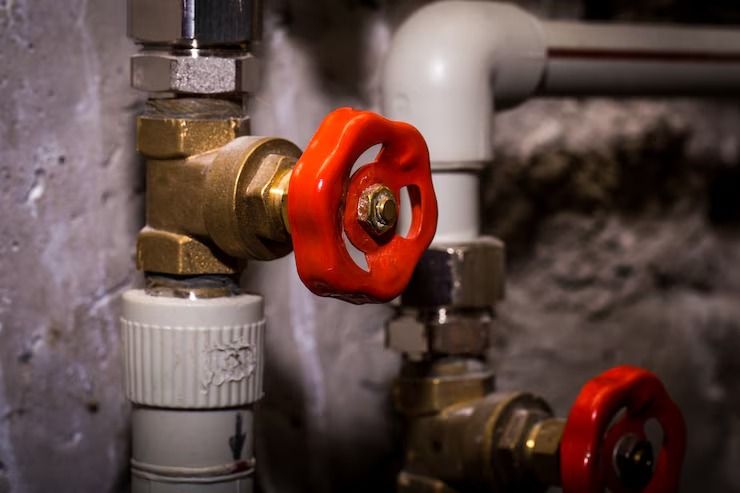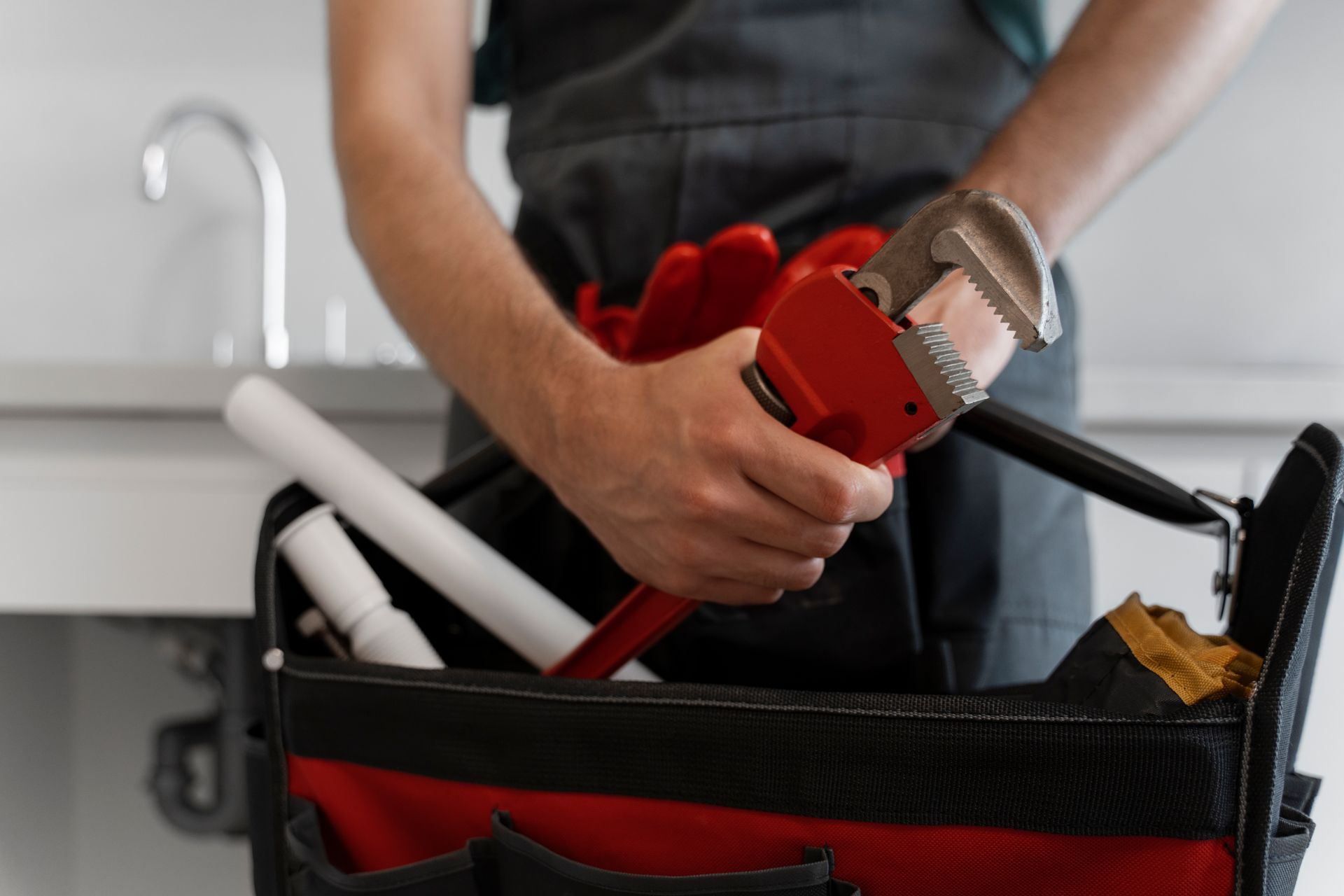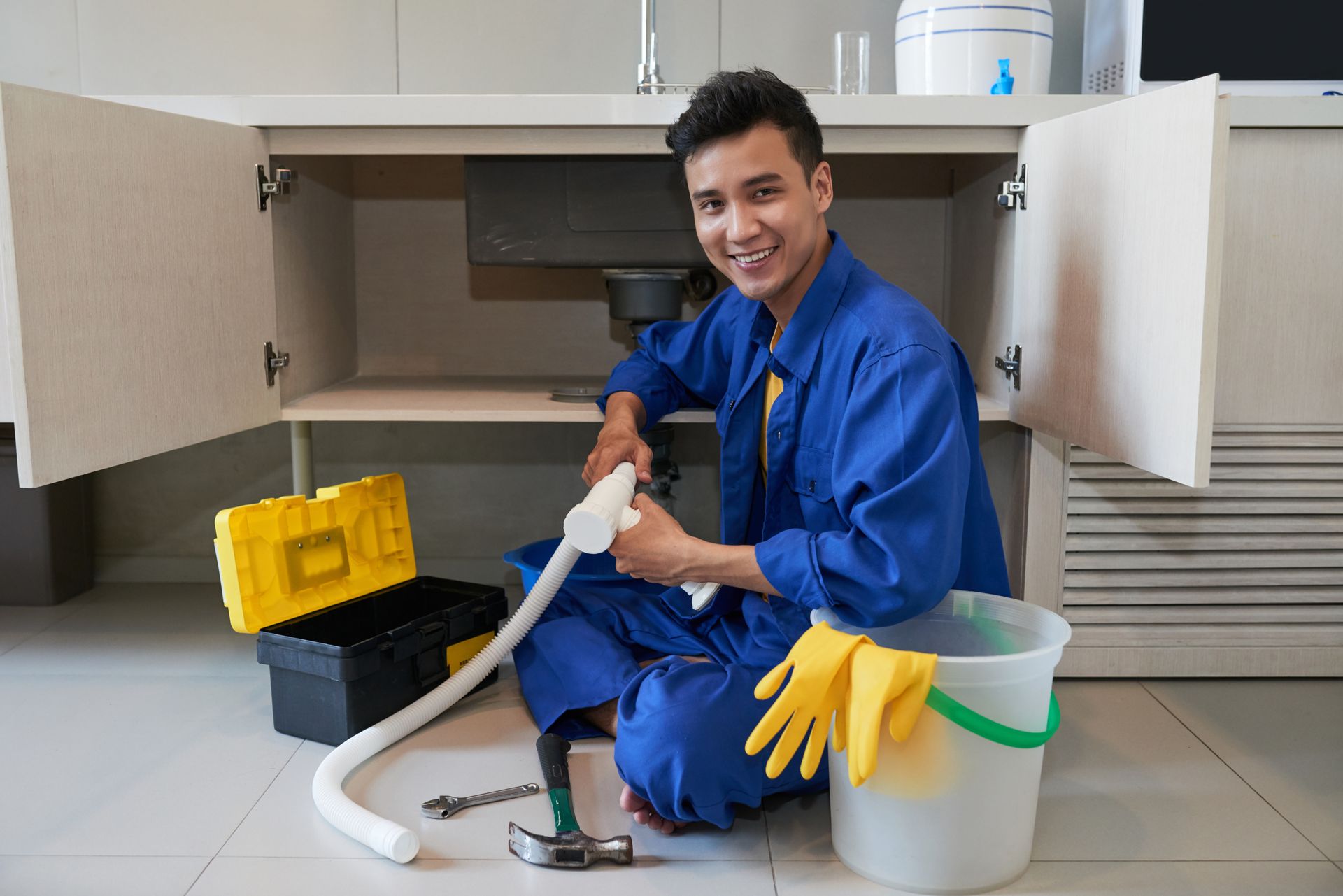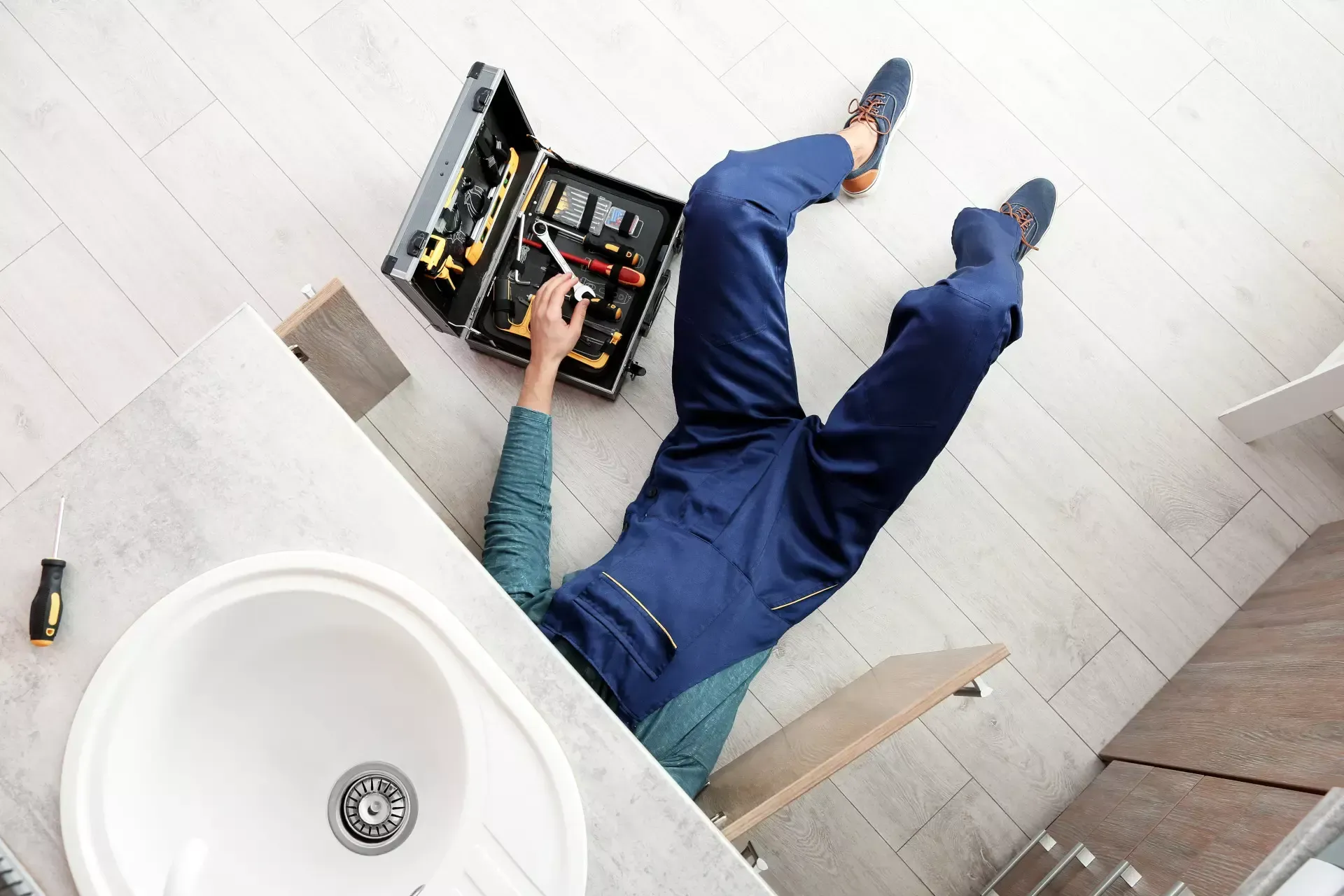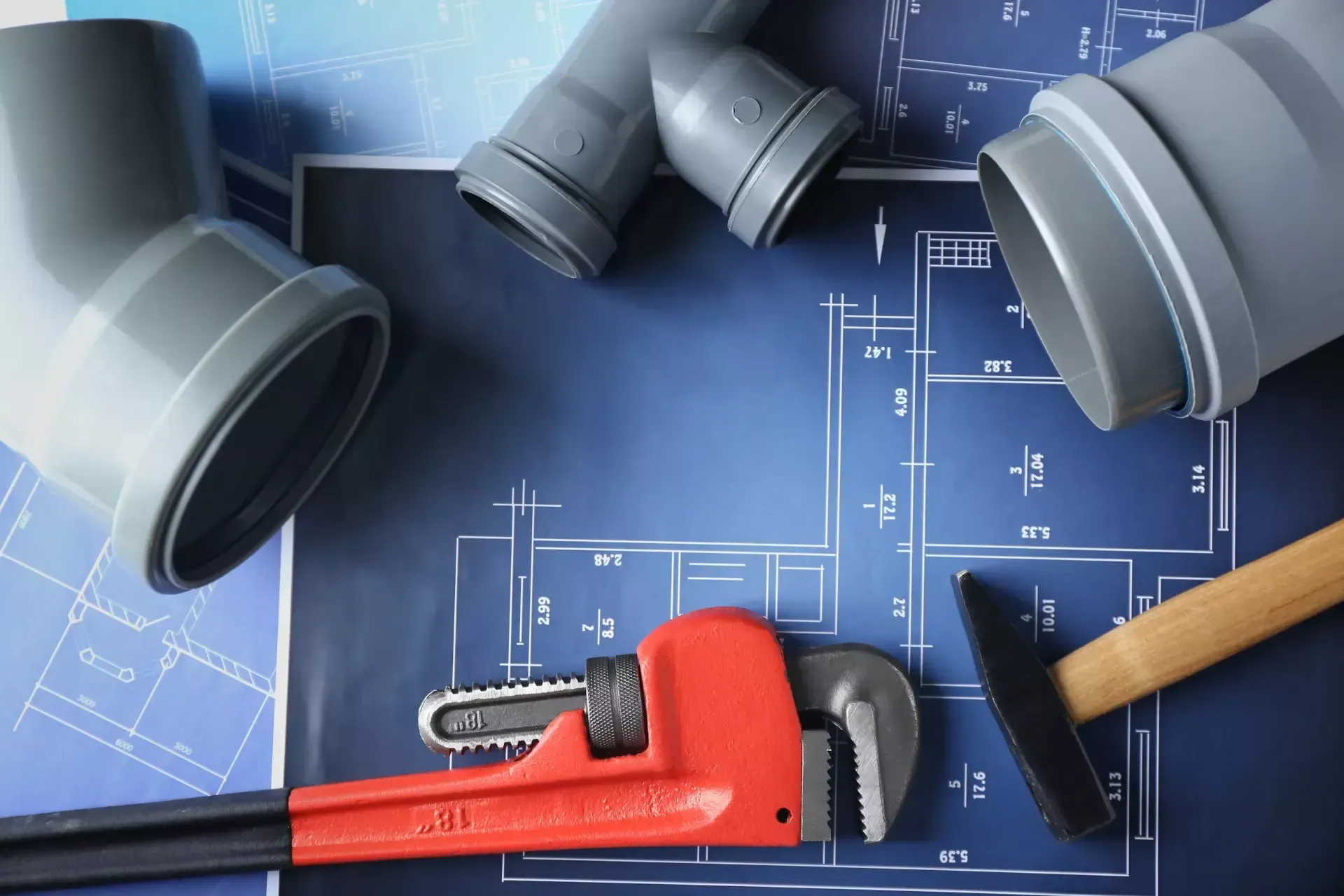Beware the Surge: How Excessive Water Pressure Can Wreak Havoc on Your Home's Plumbing - Insights from an Akron Plumber
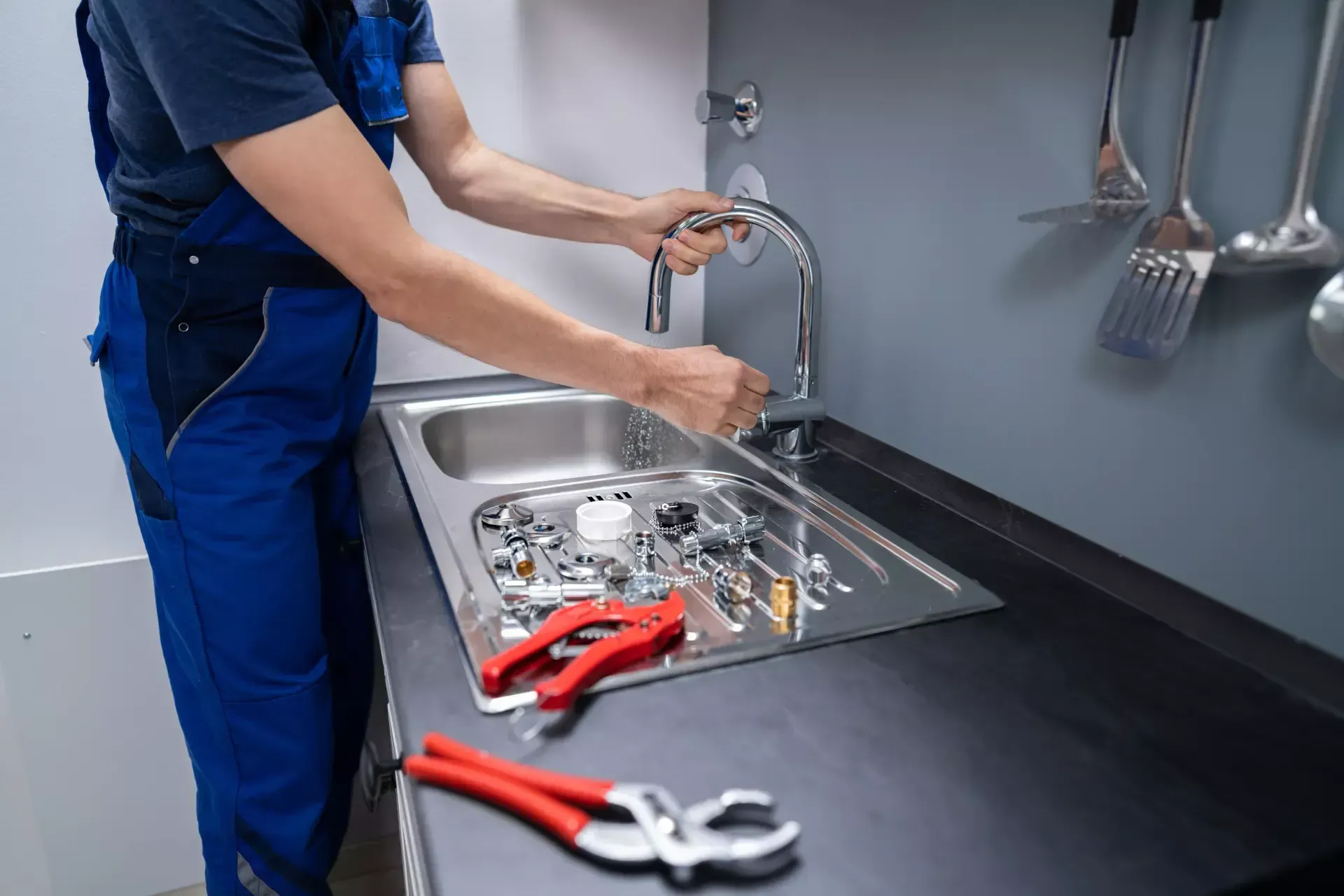
Excessive water pressure poses a silent threat to the integrity of your home's plumbing system, and Akron plumber have witnessed firsthand the havoc it can wreak. The relentless force of high water pressure puts undue stress on pipes, leading to leaks, cracks, and, in severe cases, bursts that can result in significant property damage. Akron plumbers often encounter homeowners who underestimate the impact of water pressure until faced with costly repairs. Appliances such as water heaters and dishwashers are not spared, as the increased pressure accelerates wear and tear, causing breakdowns and frequent malfunctions. To safeguard your home, Akron plumbers advise vigilant monitoring of water pressure, routine maintenance, and prompt professional intervention to mitigate the potential damages before they escalate.
High water pressure may seem like a minor concern, but its impact on your home's plumbing system can be significant. In this article, we'll explore the potential damages that excessive water pressure can inflict on your plumbing and why it's crucial to address this issue promptly. Our insights come from the expertise of Akron plumbers who have witnessed the consequences of neglected water pressure firsthand.
Pipe Strain and Leaks:
- High water pressure puts an undue strain on your plumbing pipes. Over time, this strain can lead to leaks, cracks, or even bursts in the pipes. Akron plumbers often encounter situations where homeowners ignore the signs of water pressure issues until a major leak occurs, causing extensive damage to their property.
Appliance Damage:
- Household appliances like water heaters, dishwashers, and washing machines are designed to function within a certain pressure range. Excessive water pressure can cause these appliances to wear out quickly, leading to frequent breakdowns and costly repairs. Learn from Akron plumbers' experiences as they share tales of appliances succumbing to the relentless force of high water pressure.
Reduced Lifespan of Fixtures:
- Faucets, showerheads, and other plumbing fixtures are not immune to the effects of high water pressure. The constant force can wear down the internal components, resulting in reduced lifespan and the need for premature replacements. Akron plumbers emphasize the importance of choosing fixtures that can withstand varying water pressure levels.
Water Hammer Issues:
- Water hammer occurs when water suddenly stops or changes direction within the pipes, creating a loud, jarring sound. This phenomenon is exacerbated by high water pressure and can damage pipe joints, leading to leaks and weakened connections. Akron plumbers share tips on mitigating water hammer effects and protecting your plumbing infrastructure.
Increased Water Bills:
- Excessive water pressure doesn't just harm your plumbing; it also impacts your utility bills. Leaks caused by high water pressure result in wasted water, leading to higher monthly expenses. Akron plumbers shed light on how homeowners can monitor their water bills and detect signs of hidden leaks.
As Akron plumbers emphasize, the consequences of high water pressure extend beyond visible leaks. Plumbing fixtures and joints suffer as well, with weakened connections leading to water hammer issues, a phenomenon where abrupt water flow changes cause loud and damaging vibrations in the pipes. Moreover, the increased stress on fixtures like faucets and showerheads shortens their lifespan, resulting in the need for premature replacements. Akron plumbers stress the importance of addressing water pressure concerns promptly, not only to preserve the structural integrity of your plumbing system but also to avoid escalating utility bills due to wasted water from hidden leaks.
Frequently asked questions:
- How do pipes work in a house?
The plumbing system in your home is composed of two separate subsystems. One subsystem brings freshwater in, and the other takes wastewater out. The water that comes into your home is under pressure. It enters your home under enough pressure to allow it to travel upstairs, around corners or wherever else it's needed. - How do water pipes work?
How Does a Plumbing System Work? Your plumbing system consists of freshwater and wastewater subsystems. The freshwater subsystem pushes water through your pipes under enough pressure to supply upstairs fixtures. Meanwhile, the wastewater subsystem transports used water away from your home. - What are the different types of plumbing systems?
Plumbing systems can be categorized into 4 main types: Two-pipe, one-pipe, single stack, and single stack with partial ventilation. When a pipe is positioned vertically, it's called a “stack” and when it's positioned horizontally it's called a “branch.”
Conclusion:
In the world of plumbing, prevention is key. By understanding the potential damages associated with high water pressure, homeowners can take proactive measures to protect their plumbing systems. Akron plumber stresses the importance of regular maintenance, pressure monitoring, and seeking professional assistance to ensure a healthy and long-lasting plumbing infrastructure for your home. Don't let the surge go unnoticed – safeguard your home against the destructive effects of excessive water pressure.
Ready to work with Plunger Plumber?
Let's connect! We’re here to help.
Send us a message and we’ll be in touch.
Or give us a call today at (216) 616-1468

